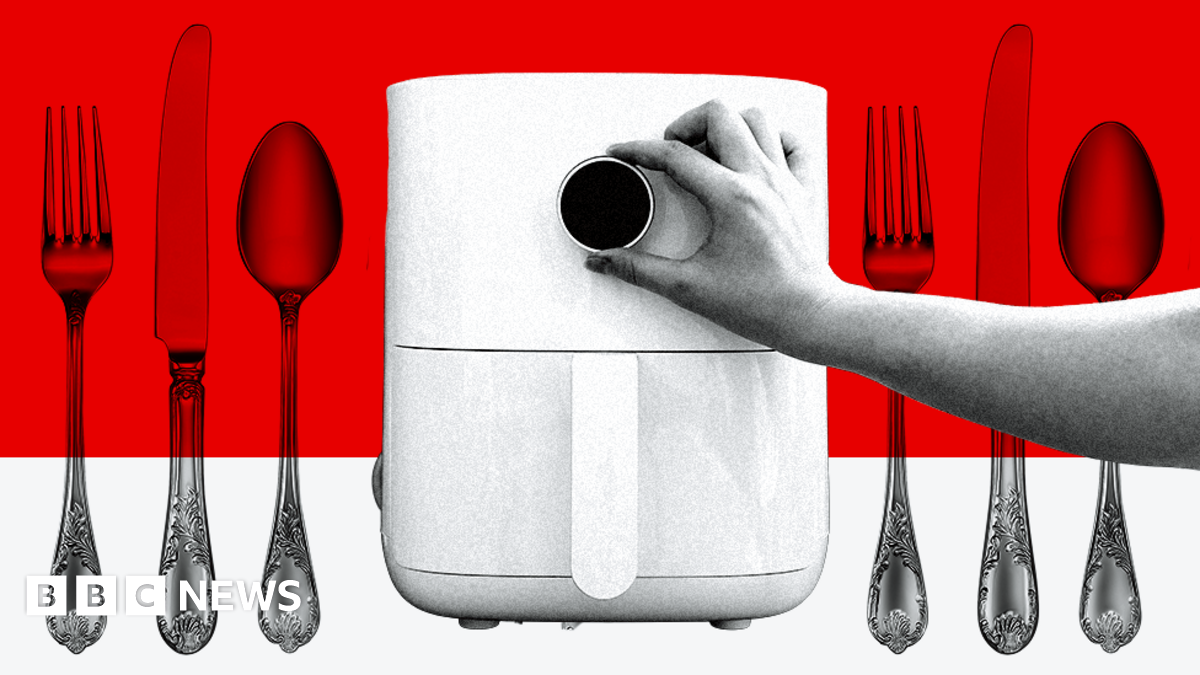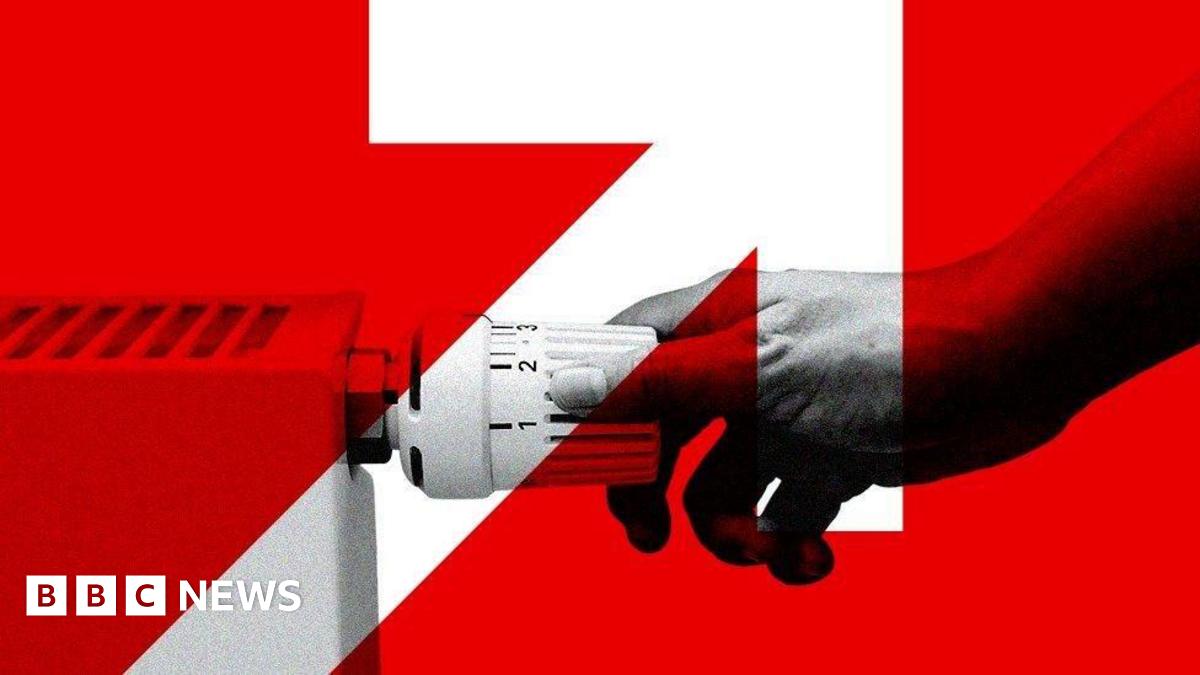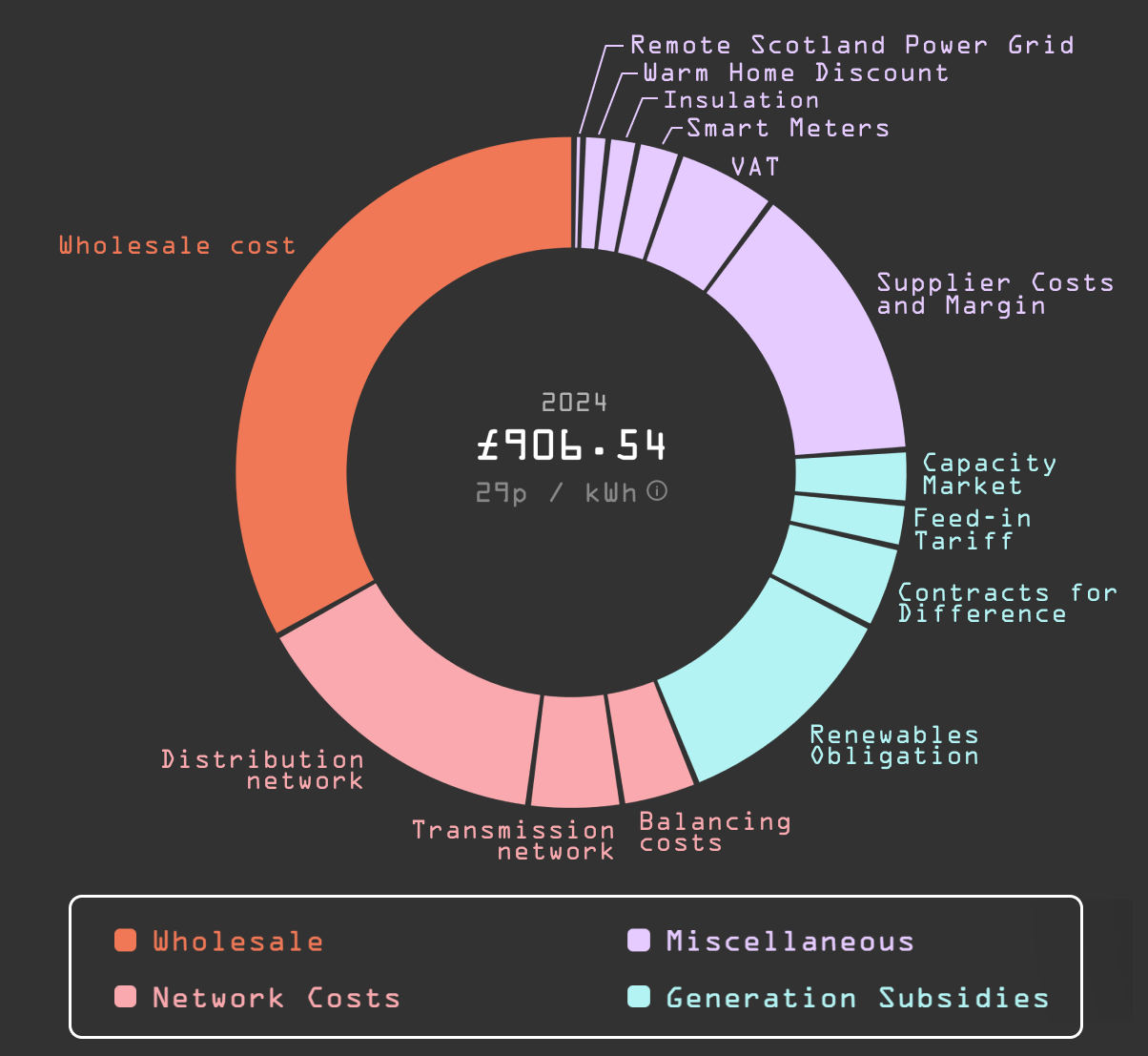I'm surprised that the critics seem to think these things happen overnight, and a year down the line the tech will be such that you can drive across Europe on a single charge, with the heater on full, the radio blasting and 4 passengers plus luggage.So we can pretend we are net zero and nuekleer free! Ha ha.
It will probably take EV as long as it has taken the petrol engine to reach those heady figures. 50 years or thereabouts.
To suggest otherwise are just the ramblings of the intellectually challenged.















